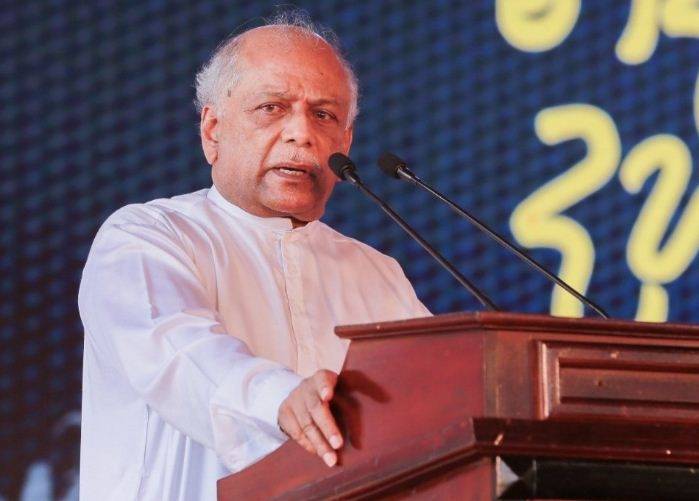The prime minister told the IMF delegation that Sri Lanka has taken steps to cut down on imports and boost exports…reports Asian Lite News
Prime Minister of Sri Lanka Dinesh Gunawardena told an International Monetary Fund (IMF) team led by Peter Breuer and Masahiro Nozaki that the country’s social security net needs to be enhanced when an agreement is reached with the IMF.
In a press statement released on Sunday, the Prime Minister’s Media Division said the country is facing the biggest economic and social crisis since independence, Xinhua news agency reported.
The prime minister told the IMF delegation that Sri Lanka has taken steps to cut down on imports and boost exports.
“The poor are the most adversely affected by the crisis. We need to provide them social welfare during the economic reforms,” Gunawardena told the IMF delegation.
Prime Minister’s Media Division said IMF’s Masahiro Nozaki agreed that the welfare of vulnerable groups is important when making plans for debt restructuring and economic revitalisation.
The IMF delegation earlier met Nandalal Weerasinghe, governor of the Central Bank of Sri Lanka, and Ranil Wickremesinghe, president of Sri Lanka.
Foreign firms keen on biz in Lanka
Twenty-four companies from India, the United Arab Emirates (UAE), Saudi Arabia, the US, China, Russia, the UK, Malaysia, Norway, and the Philippines are interested in the petroleum business in Sri Lanka, a Minister said.
Minister of Power and Energy Kanchana Wijesekera said on Sunday night that his ministry has appointed a committee to evaluate the expressions of interest (EOIs) submitted by the foreign firms, which will finalise the process within six weeks, reports Xinhua news agency.
Wijesekera said companies in petroleum-producing countries were invited to import, distribute and sell petroleum products in Sri Lanka.
The Minister added 700 petrol pumps under the state-owned Ceylon Petroleum Corporation (CPC) can be given to selected companies for operations, and the selected companies can also use other CPC facilities on a commercial basis, he said.
Currently, the CPC and the Lanka Indian Oil Corporation are permitted to distribute fuel to retail customers.
Wijesekera said that the CPC, which holds 80 per cent of the retail petroleum market, is unable to keep on supplying fuel because of dollar shortages.

Leave a Reply